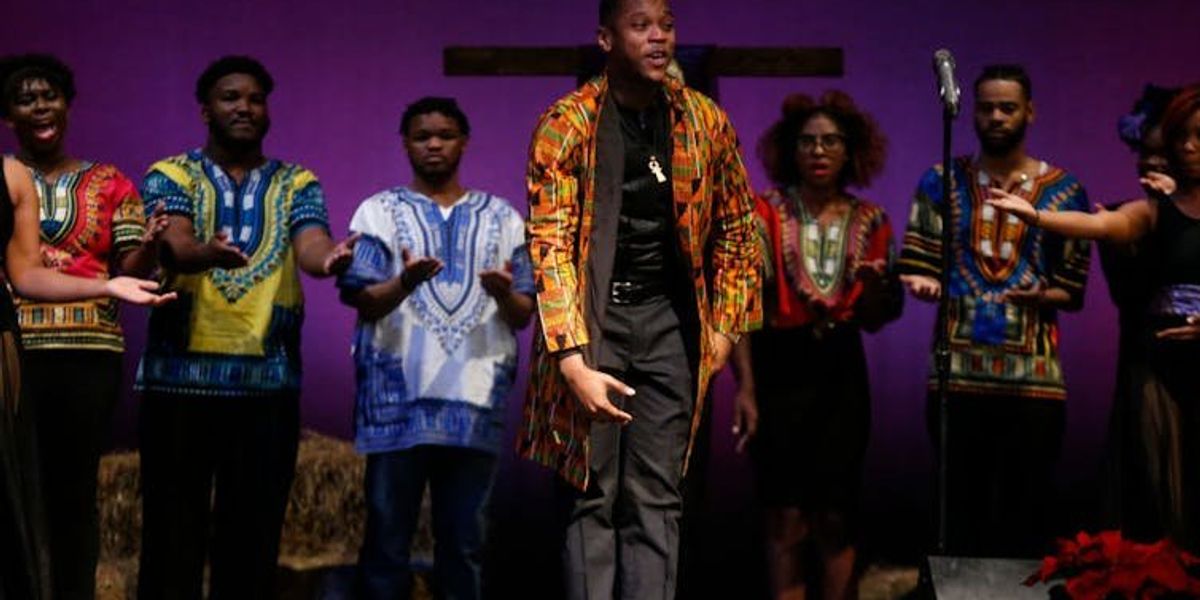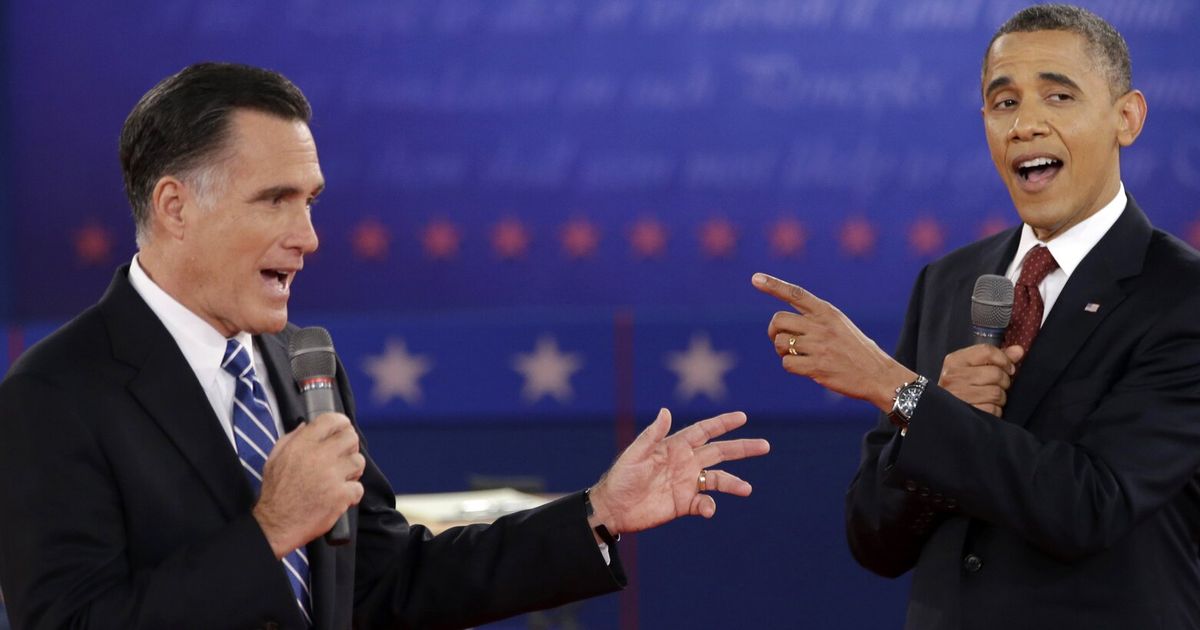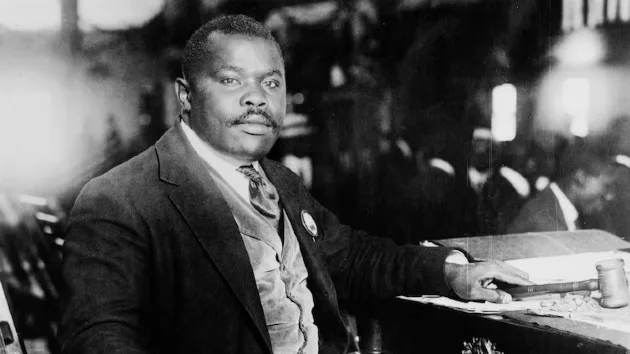- BlackVoter.Org
- Posts
- BLACKVOTER.ORG
BLACKVOTER.ORG


In 2024, the representation of African Americans in Major League Baseball (MLB) hit a concerning low, with Black players making up just 6% of rosters—down from 7.2% in 2022.
Despite standout talents like MVP Aaron Judge and World Series champion Mookie Betts showcasing their skills, the overall trend is alarming. Factors such as fewer lucrative opportunities compared to basketball and football, a perceived lack of connection to urban culture, and the sport's delayed entry age are steering many young Black athletes away from baseball.
However, initiatives like the Dream Series and the Andre Dawson Classic aim to rekindle interest and develop talent within the African American community. As Hall of Famer Dawson notes, these efforts are vital for enhancing the quality and quantity of Black players in the sport.
The future may hold promise, but the need for change is urgent.

As the Bronx gears up for the 2025 elections, the race for Borough President is heating up with outgoing City Council Member Rafael Salamanca Jr. challenging incumbent Vanessa L.
Gibson. Salamanca aims to bring change, focusing on housing issues, including declaring a state of emergency for housing if elected.
Meanwhile, a crowded field of candidates is emerging for key City Council seats, reflecting a vibrant political landscape. Former Assembly Member Michael Blake is vying for mayor with a bold policy platform, while Gonzalo Duran of the Bronx Conservative Party brings a contrasting perspective.
Additionally, various districts will see newcomers like Clarisa Alayeto and Bryan Hodge Vasquez campaigning for vital local issues, underscoring a robust electoral climate.

This week in Black history, we celebrate a tapestry of significant events and figures from December 25 to 31. It all started on Christmas Day in 1760 with Jupiter Hammon, a slave from Long Island, who penned the first published poem by a Black person in America.
Fast forward to 1838, when the mighty Seminole Indians, led by Black chief John Horse, triumphed over U.S.
troops at the Battle of Okeechobee. The week also honors the lives of civil rights pioneers like Harry T.
Moore, who tragically lost theirs to a bombing, and the inspirational journey of William and Ellen Craft as they escaped slavery in 1848. We recognize James Brown, the “Soul Brother #1,” and Earl “Fatha” Hines, who shaped the music landscape, while Kwanzaa begins its celebration of African heritage.

Kwanzaa kicks off this Thursday, inviting families and communities in D.C.
to celebrate its vibrant traditions! This weeklong festival, focused on the seven principles—like unity, self-determination, and creativity—offers a wealth of activities for all ages. Head to the National Museum of African American History and Culture or the Anacostia Community Museum to join in the fun, from candle-lighting ceremonies to dance performances and storytelling workshops.
Parents, like Kellee White Whilby, are excited to pass on these meaningful customs to their children, emphasizing the importance of family and community across generations. With events designed for everyone, Kwanzaa is a joyous occasion for sharing culture, art, and delicious African-inspired meals.
Want to make this holiday unforgettable? There’s something for everyone in this multicultural celebration that can enrich lives and foster connections within the community.

Langston Hughes' "Black Nativity" remains a vibrant cornerstone of African American theater over 60 years after its debut. A holiday staple in numerous communities, this unique adaptation of the Christmas story celebrates Black culture by placing an all-Black cast at its center, portraying Mary and Joseph as figures of empowerment rather than marginalization.
Hughes envisioned the play as an elastic ritual filled with gospel music, allowing a rich tapestry of interpretations across various productions—from Seattle to St. Paul.
The play's improvisational nature mirrors the jazz spirit Hughes cherished, offering a fresh take each year while retaining its core messages. It's not just a holiday performance; it's a cultural lifeline for institutions like the Penumbra Theatre, fostering a sense of community and joy through shared tradition.
"Black Nativity" continues to inspire and resonate, demonstrating the enduring power of Black storytelling on stage.

In an insightful examination of contemporary American politics, Nate Cohn argues that the rise of Donald Trump's conservative populism has ushered in a new political era, marking a departure from the established norms of both parties. Following Barack Obama’s 2012 reelection, which seemed to signal Democratic dominance, the political landscape has transformed dramatically.
Key issues that once defined partisan battles—like immigration and trade—are now points of contention, as Republicans embrace the working class ethos while Democrats defend the status quo. The once-clear dividing lines between the two parties have blurred, leading to an unexpected demographic shift where Trump appeals to diverse voters, including women and minorities.
Cohn suggests that we might be witnessing not a realignment in the traditional sense, but rather, an upheaval in the political fabric of the country, as the push for elite accountability and populist values gain traction across the spectrum.

In an unforgettable year of political upheaval, 2024 was defined by five key storylines that reshaped the landscape. First, Donald Trump's dominant grip on the GOP gave him a clear path to the nomination, despite early competition.
Meanwhile, his legal troubles, which included several indictments, surprisingly rallied support among his base instead of hindering his campaign. The presidential debate in June raised serious questions about Joe Biden's fitness for office, leading to his eventual exit from the race and a surge of support for Vice President Kamala Harris, although her favorability still lagged behind Trump’s.
Ultimately, voters were deeply concerned about the economy, with many feeling that Biden's policies fell short, enabling Trump to outperform Harris on this critical issue.

A group of 21 House Democrats, led by Congresswoman Yvette D. Clarke, is urging President Biden to exonerate Marcus Garvey, a pioneering Black civil rights leader, whose 1923 conviction for mail fraud they believe was unjust.
The lawmakers argue that Garvey's conviction was marred by governmental misconduct and designed to silence his advocacy for Black unity and empowerment. They emphasize that exonerating Garvey would honor his contributions while correcting a historical wrong.
This call for redemption comes at a time when the fight for racial justice faces increasing challenges. Garvey, the founder of the Universal Negro Improvement Association and the Black Star Line shipping company, sought to uplift the African diaspora and promote economic independence.
His legacy remains a complex one, attracting both admiration and criticism. Congressional efforts to clear his name have persisted for decades, reflecting a long-overdue recognition of his impact on civil rights history.

DNA testing is transforming the way Black Americans connect with their ancestry, enabling them to trace their roots beyond broad regions to specific countries and tribes. For many, like Tisa Joyner-Nance, this journey is deeply personal.
After using AfricanAncestry.com, she discovered her lineage ties back to the Tikar people of Cameroon, an experience she described as "life-changing.
" As genetic databases expand, users often uncover unexpected ties and diverse heritage that reshape their understanding of identity. This reclamation of history holds significant importance for African Americans, whose ancestral connections were severed by slavery.
DNA can reveal shared heritage, sometimes uncovering surprising lineage that challenges preconceived notions. As they discover their origins, many find a sense of completeness and closure.
Joyner-Nance articulated this beautifully: “I’m complete. I’ve been made whole.
” This movement not only enriches personal narratives but helps foster a fuller understanding of cultural identity.